US Embassy in Nairobi Now Requires Visa Applicants to List All Social Media Handles from Past 5 Years
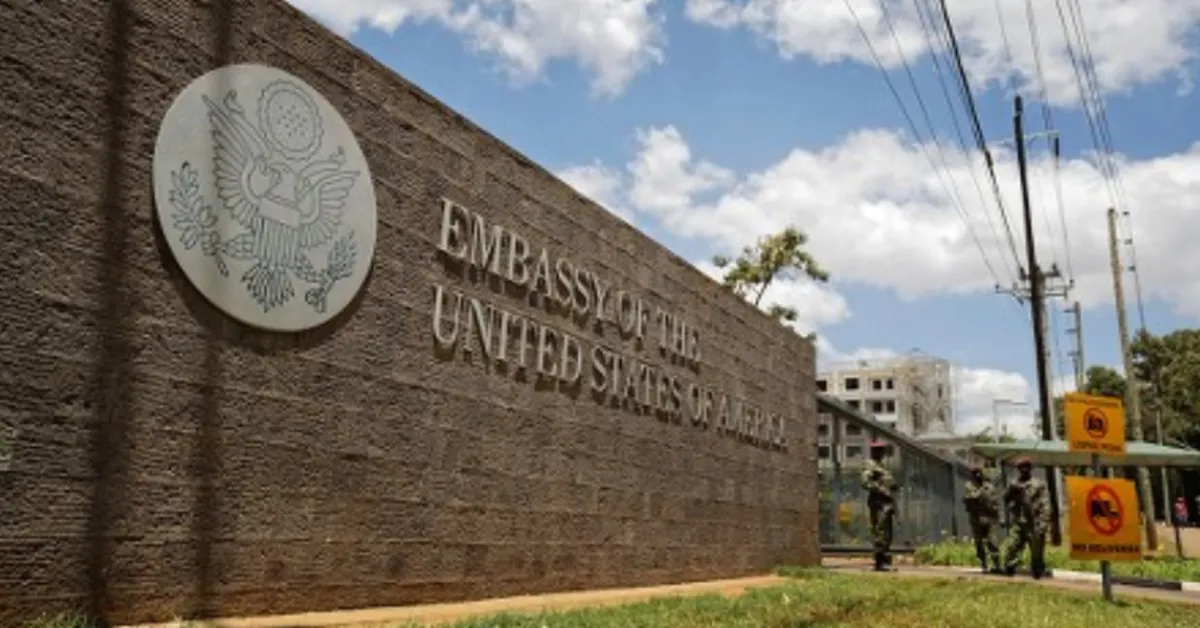
The United States Embassy in Nairobi has initiated a new policy requiring all visa applicants to disclose their social media usernames from the past five years, effective Friday, 25 July.
This directive, applying to all DS-160 visa application forms, encompasses prospective international students and non-immigrant travellers alike. The embassy emphasises digital transparency as a crucial component of its national security protocols. Applicants are now obliged to provide precise details of their email addresses, telephone numbers, and social media handles across all platforms used in the preceding half-decade.
Passwords are not required; however, consular officers are authorised to review publicly available content and interactions associated with the provided accounts.
This latest development builds upon pre-existing social media screening procedures introduced in 2019. Observers note, however, that these changes reflect a more stringent approach under the current administration, which assumed office in January, with a focus on stricter vetting procedures.
The administration’s immigration agenda prioritises assessing online behaviour, political expressions, and affiliations considered potentially radical or controversial.
The embassy explicitly warns that failure to provide accurate social media information could lead to visa denial and ineligibility for future US visas. Applicants are required to certify the truthfulness of all submitted information before completing their applications.
The statement clarifies that consular officers are not authorised to alter or access the private aspects of applicants’ social media accounts. These measures coincide with a broader crackdown on immigration fraud. Earlier, on Wednesday, 23 July, the US government issued an advisory cautioning against the use of counterfeit documents and fraudulent claims in visa applications. The advisory unequivocally stated that individuals found guilty of visa fraud risk permanent bans from entering the United States.
The embassy emphasises the US government's interagency efforts to combat fraud to end illegal immigration. It says that "those who commit visa fraud will be banned from the United States for life.”
This rhetoric reflects a hardline approach to border control and immigration enforcement. Echoing sentiments often associated with policies of the Trump administration, the embassy reiterates, "A nation without borders is not a nation," and pledged to pursue criminal charges against those who facilitate or harbour undocumented migrants.
Observers contend that the increased reliance on social media as a vetting tool raises complex questions about privacy, freedom of expression, and potential ideological bias in immigration decisions. The US government maintains that the policy enhances national security and applicant accountability. Critics, however, argue that it may disproportionately affect individuals whose online activity includes political dissent or engagement with sensitive global issues.
The implications of this policy shift are particularly significant for younger applicants and students, whose digital footprints often span multiple platforms and reflect evolving personal viewpoints. The requirement to disclose all usernames, regardless of platform or content, places a considerable burden on applicants to account for their online presence with precision and honesty.
Moreover, the embassy’s emphasis on lifetime bans for fraud-related offences signals a zero-tolerance approach. This could deter legitimate applicants from pursuing visas due to the fear of inadvertent errors or misinterpretations.
Legal experts suggest that these enhanced vetting procedures could face legal challenges based on potential violations of privacy rights and freedom of expression.
The American Civil Liberties Union (ACLU) and other human rights organisations have expressed concerns about the potential for arbitrary denials and the chilling effect on online speech. They argue that the policy could disproportionately affect individuals from certain countries or those with dissenting political views, leading to discriminatory outcomes.

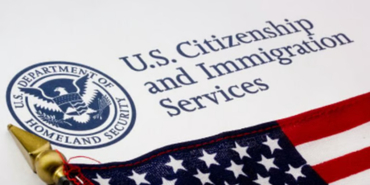
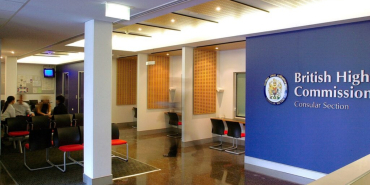
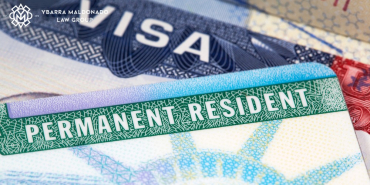

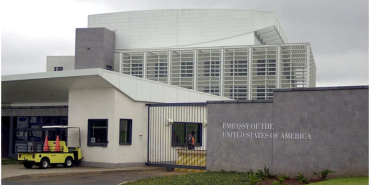

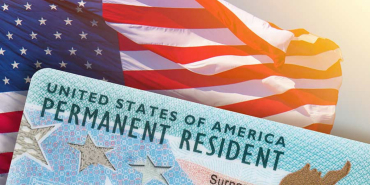

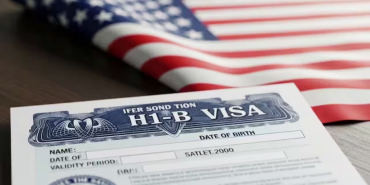


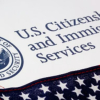

Add new comment